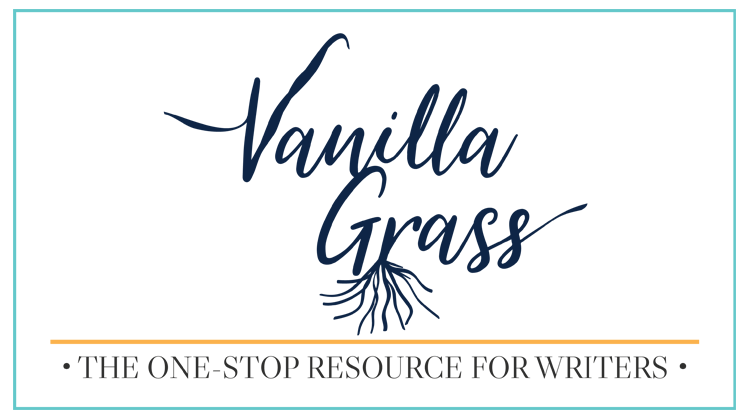Do you love making goals? Does working out a plan and sticking to that plan like marshmallow goo on bare hands make your day?

It’s a passion of mine.
If you said, “Yes, I have run ten marathons!” I wouldn’t be able to relate to your accomplishments, but I would still feel like we were like family. If you said, “No–absolutely not. I’d rather eat fried crickets than make a goal,” we can still be family, just know that you are not alone and that this article is for you.
What’s the difference?
Why don’t you like setting a goal and I do? There are a few things that I think I understand about goals that make me like them. Maybe if you understood too, you might not feel like you are staring a feral cat in the eyes waiting for it to make it’s move.

Here are six aspects of goal setting that you can look at differently:
Setting goals
This article describes effective goal setting in more detail, but the gist is this: If you set a goal that relies on other people or circumstances to complete, you’re going to be disappointed more often than not. Set a goal that you can accomplish through your own work, with achievable steps, and you’ll be much more likely to achieve it.
Hard Deadlines
Some of us work better with a hard deadline and those are okay to have, even important. Having an end date helps us stop binge watching Stranger Things and complete the project at hand. But how do you set your hard deadline? For most of us, it’s finishing a specific task by a certain date or time. But what if instead, you broke your deadline down differently?

For example, I recently completed a 100 day art project. The idea was to create a piece of art for 100 days. Most people doing the project expected that in exactly 100 days, their project would be complete. Instead I thought of it as doing something 100 times–taking as long as needed. Of course, the longer it takes, the longer before the project is complete. Having a different mindset allowed me to skip a day or two without guilt. I knew that once I got 100/100, the project would be complete.
All or Nothing
I find that an all or nothing mindset is the most difficult to navigate when it comes to setting and reaching goals. People tend to believe they’re going to write their first novel in a month. Then once they discover how difficult it is, they give up, with a lot of self criticism in the process. On the other hand some say, “If I can’t finish this project, then I just won’t start.”
But guess what?
If you’ve developed an “all or nothing” mindset, it’s best to break your goal into bite-size pieces and focus SOLELY on those smaller goals. Allow yourself to be kind of bad at it to begin with.
Instead of writing your first novel in a month, make the goal to write a scene in a day or a chapter in a week. Give yourself a longer timeframe and allow for growth. Learn to navigate your goal a little bit at a time.
If you come at it with a mindset to learn, rather than wanting to dominate the whole task right from the get-go, it’s a lot easier to reach your goals. Check out our writing resources page to learn how to make your first attempts less painful to read through.
Self Evaluation
When we miss our goals we tend to self deprecate rather than evaluate. If you had a friend miss their goal, would you talk to them the same way you do yourself? I’m hoping your answer is no.
Being kind and compassionate with your mental talk is just as important. Of course, learning from your mistakes is essential. But afterward, picking yourself up, dusting yourself off, mending and kissing your bandaged knees, then moving on are the most compassionate things you can do for yourself. Everyone needs a cheerleader, why can’t it be you?

Procrastination
In Brian Tracy’s book Eat that Frog!: 21 Ways to Stop Procrastinating and Get More Done in Less Time, he talks about tackling your biggest project first. Procrastination doesn’t seem like a big deal when we are at our starting line. Usually we’re enjoying ourselves in one way or another, but the entire time we’re thinking about the big task. Our internal dialogue looks something like, “I really should be writing my fight scene, but I like scrolling through Pinterest. Besides, I have three hours.” So for three hours we only kind of enjoy our scroll.
On the other hand, if we tackle the project first, we can get it out of the way. Once we reward ourselves with Pinterest, it is way more fun and now guilt-free. It’s important to have some down time. It’s just nice to put it in the right order, so your mental clock isn’t barging in every 5 minutes. To better understand procrastination, Tim Urban has a great article here, though his TED talk is even more entertaining.
Time Management

Typically people think of this as using a calendar. I must admit, I am a proponent of all things organization, but this isn’t necessarily time management. Basically the idea is knowing what your day holds and how to utilize the time wisely.
This could mean consciously using your time rather than just allowing things to happen. This usually involves setting boundaries, but also relates to using your pockets of time wisely. For example, if you’re waiting during your daughter’s karate class, you could write your current manuscript instead of scrolling through your news feed. Give it a try! It’s worth it.
There’s so much more to changing the way you view goals, but for now I hope you’ve had a chance to relook at the way you view goal setting.
We’d love to hear about your writing goals! Leave us a comment below.


Francisca Jalkapallo pelipaita Getafe JaredgjIn
SibylSena Tyskland Tröja KingUlmw
I was curious if you ever thought of changing the page layout of
your website? Its very well written; I love what youve
got to say. But maybe you could a little more in the way of content so
people could connect with it better. Youve got an awful lot of
text for only having 1 or 2 images. Maybe you could space it out
better?
We appreciate your feedback and will continue to strive to improve our posts. Thanks so much for reading!